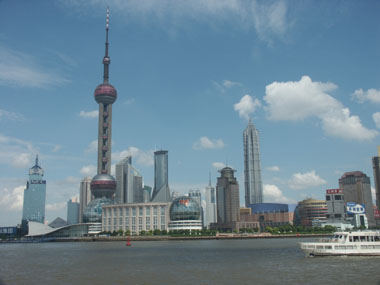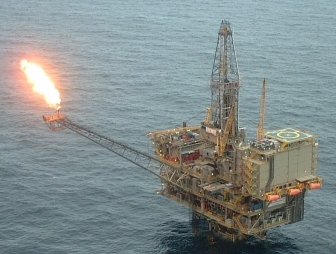119: A new game whats changed?
02-23-2007
In the
Globalisation and
Borders have opened up in the last ten years trade between nations has boomed. Cheap imports from  workforces had created competition for labour and kept a lid on wage inflation, and hence inflation, interest rates, borrowing costs this has further fueled property price rises. Better education, training and knowledge transfer amongst a global workforce has also kept a lid on professional services costs and has improved competition. Meanwhile, companies have become less wasteful corporate profits have risen strongly in most western countries this wealth has further stimulated investment in commercial and residential property.
workforces had created competition for labour and kept a lid on wage inflation, and hence inflation, interest rates, borrowing costs this has further fueled property price rises. Better education, training and knowledge transfer amongst a global workforce has also kept a lid on professional services costs and has improved competition. Meanwhile, companies have become less wasteful corporate profits have risen strongly in most western countries this wealth has further stimulated investment in commercial and residential property.
Population
Meanwhile, populations have increased, land shortages have intensified and environmental and planning constraints have worsened, depressing the supply side and property construction. More people have been competing for less property particularly in countries with land shortages and strong GDP and population growth (e.g. southern
Resources
As China and India have pulled hard on oil, gas, commodities and other physical resources, metal and energy price have risen however, there has been remarkably little impact on inflation. This is most likely because global competition in manufacturing in conjunction with productivity improvements have meant  overall prices have not risen much.
overall prices have not risen much.
- $40-50/bbl stimulates economy and property value (buy signal)
- $50-60/bbl neutral to economy and property values
- $60-80/bbl warning, inflationary pressures which will dent property prices
- $80-150 shock, property prices likely to fall
- $150 or more crisis, look to divest away from property before it gets this high (unless you invest in big oil producing nations see our Special Report on how to benefit from oil and gas)
 Property Manufacturing Techniques
Property Manufacturing Techniques
Meanwhile, the construction of property has remained a relatively inefficient process from land acquisition through planning to construction, marketing and sales. Construction costs have risen, supporting high property prices. Environmental constraints and land shortage have been a strait-jacket that has lead to housing shortages in many area -
The outlook
Although Governments and National Banks express concern about inflationary pressures building, if there had been any, we probably would have seen then by now. Hence, its likely that, as long as oil prices stay in the $60/bbl range, global growth will continue to motor on at around 4-5% per annum. The faster growing countries are likely to be
In summary, PropertyInvesting.net does not see any crash occurring, and we believe the benign inflationary picture should continue unless there is a war or major tensions (possibly in the

